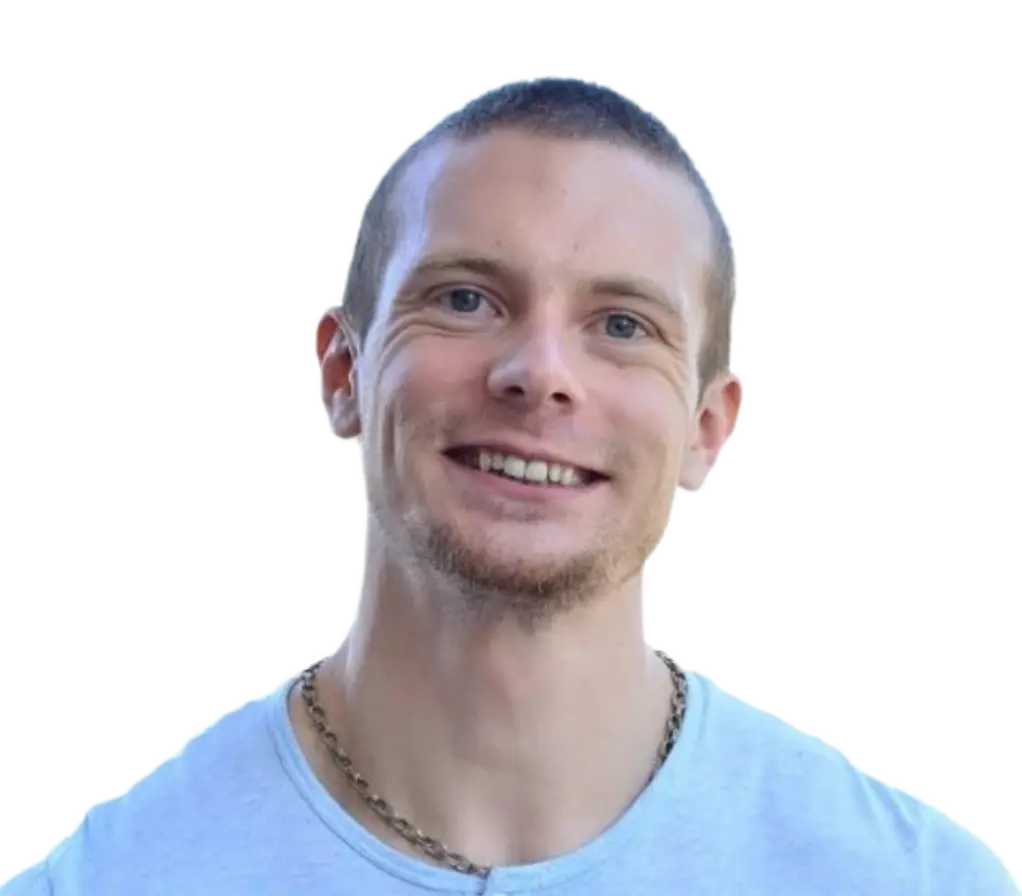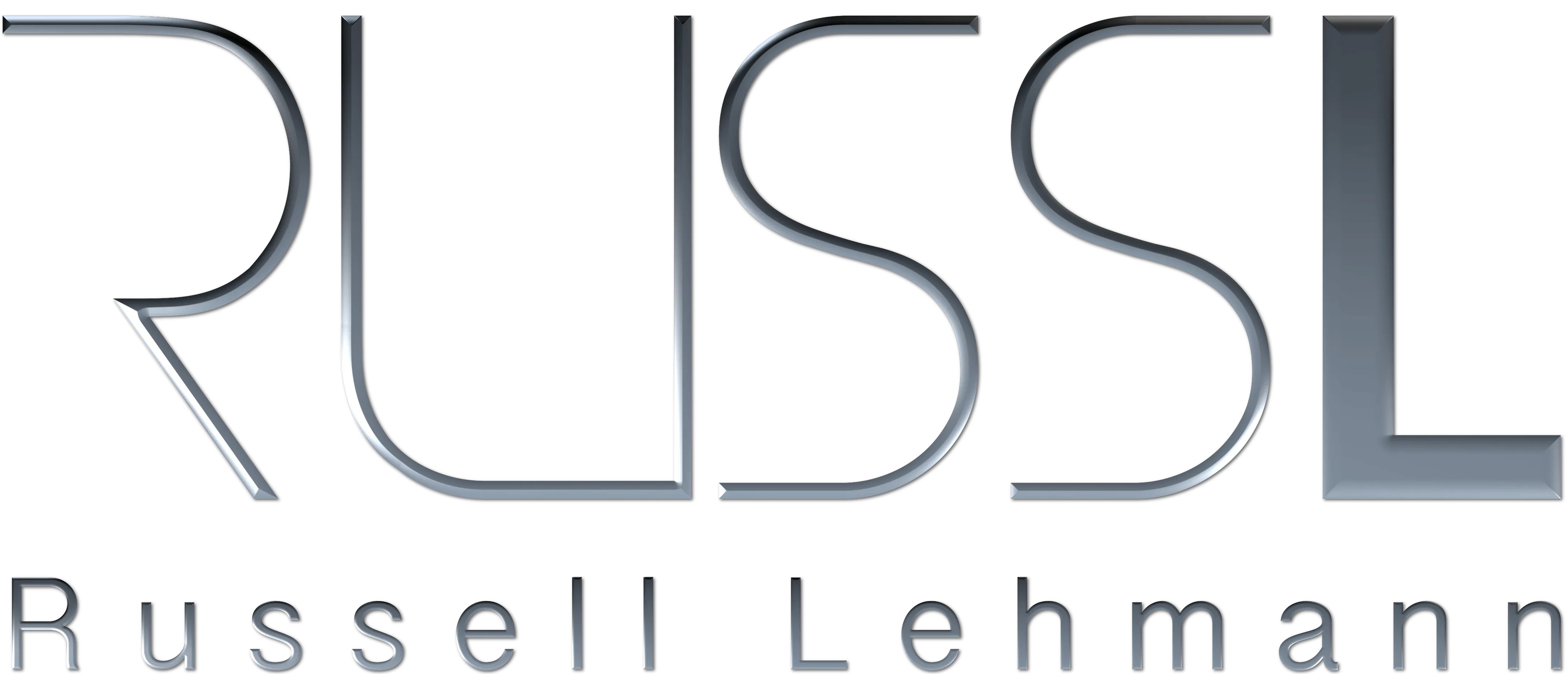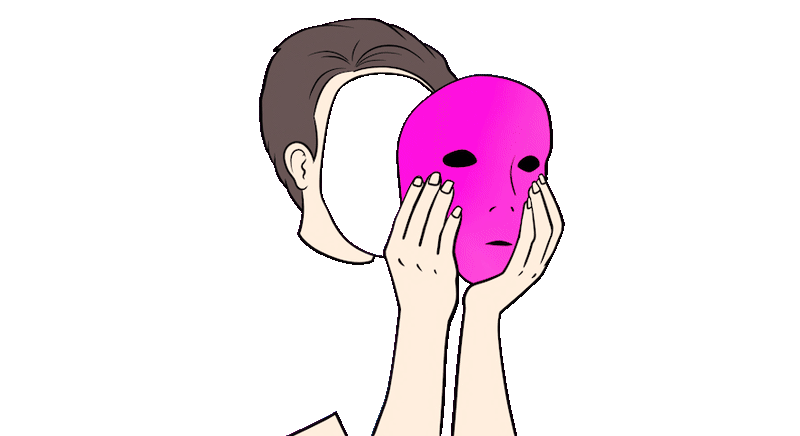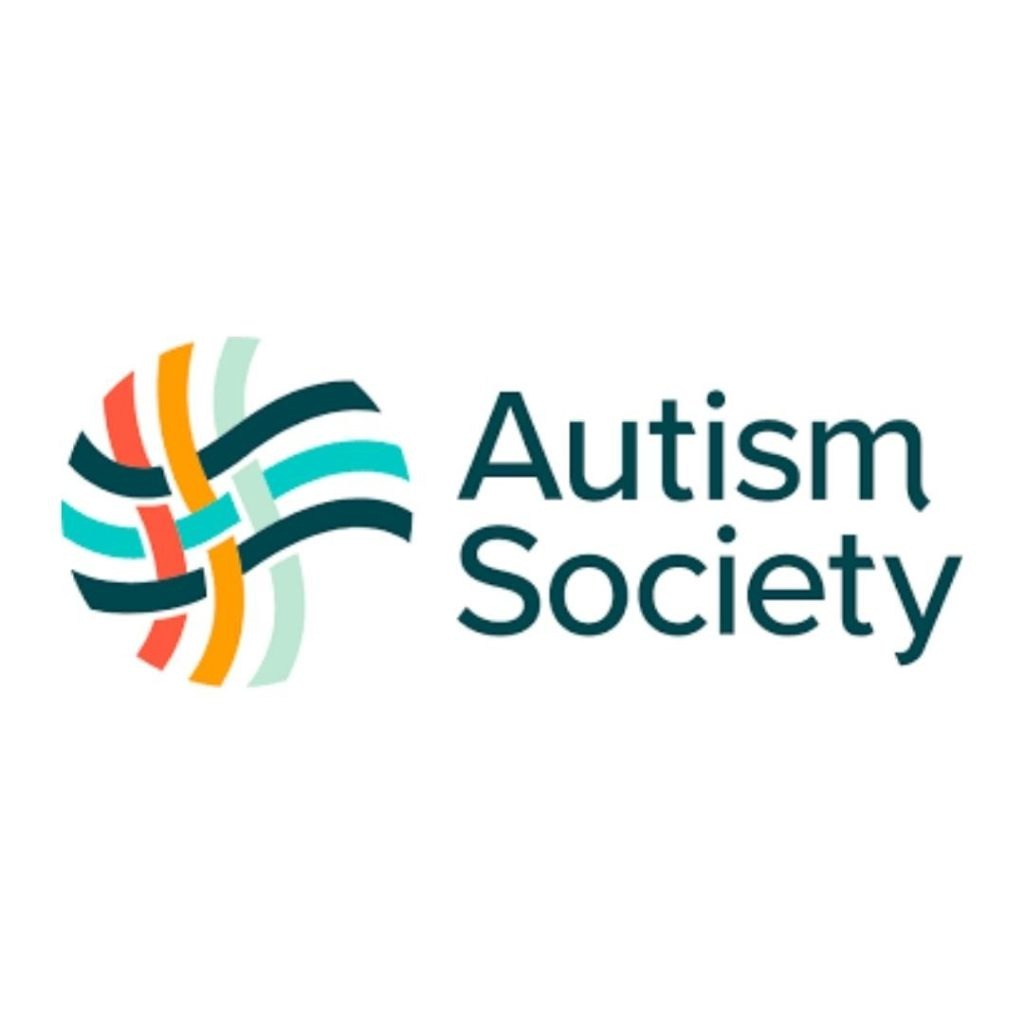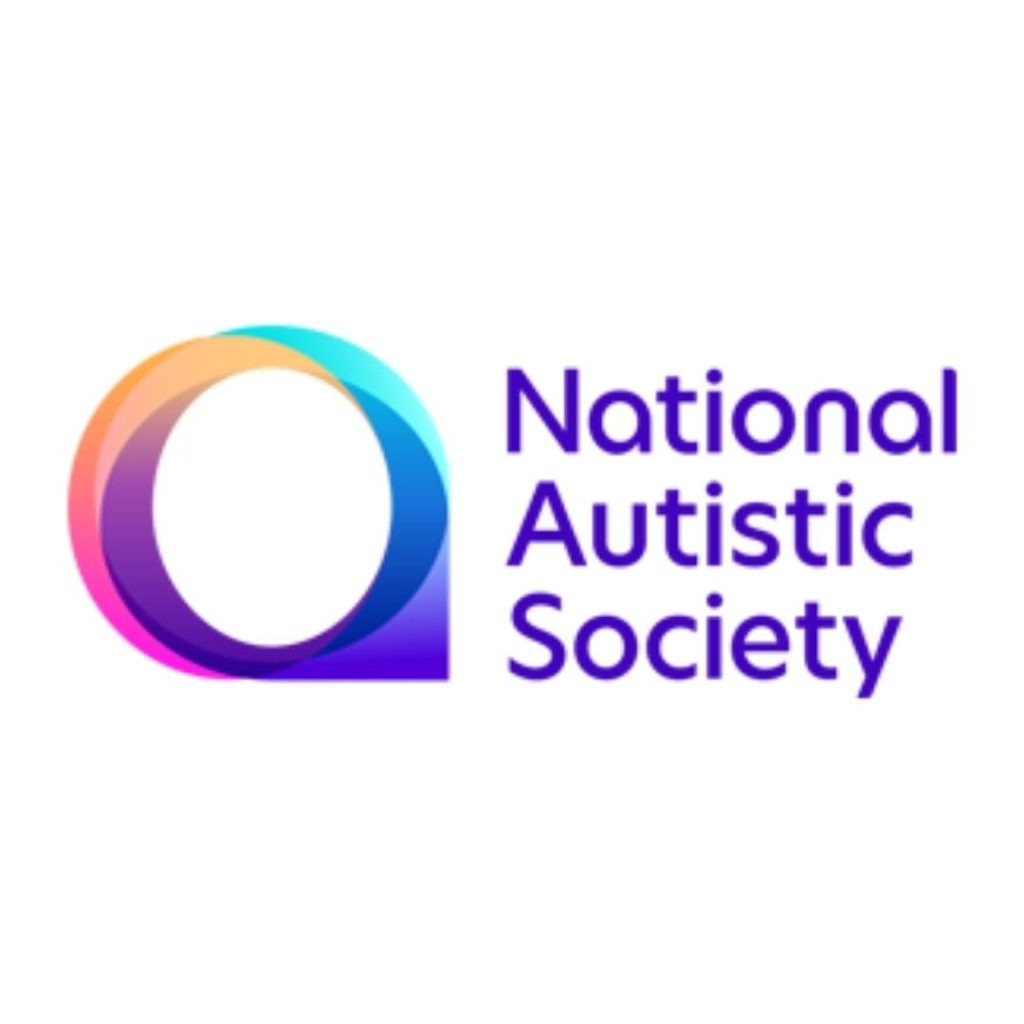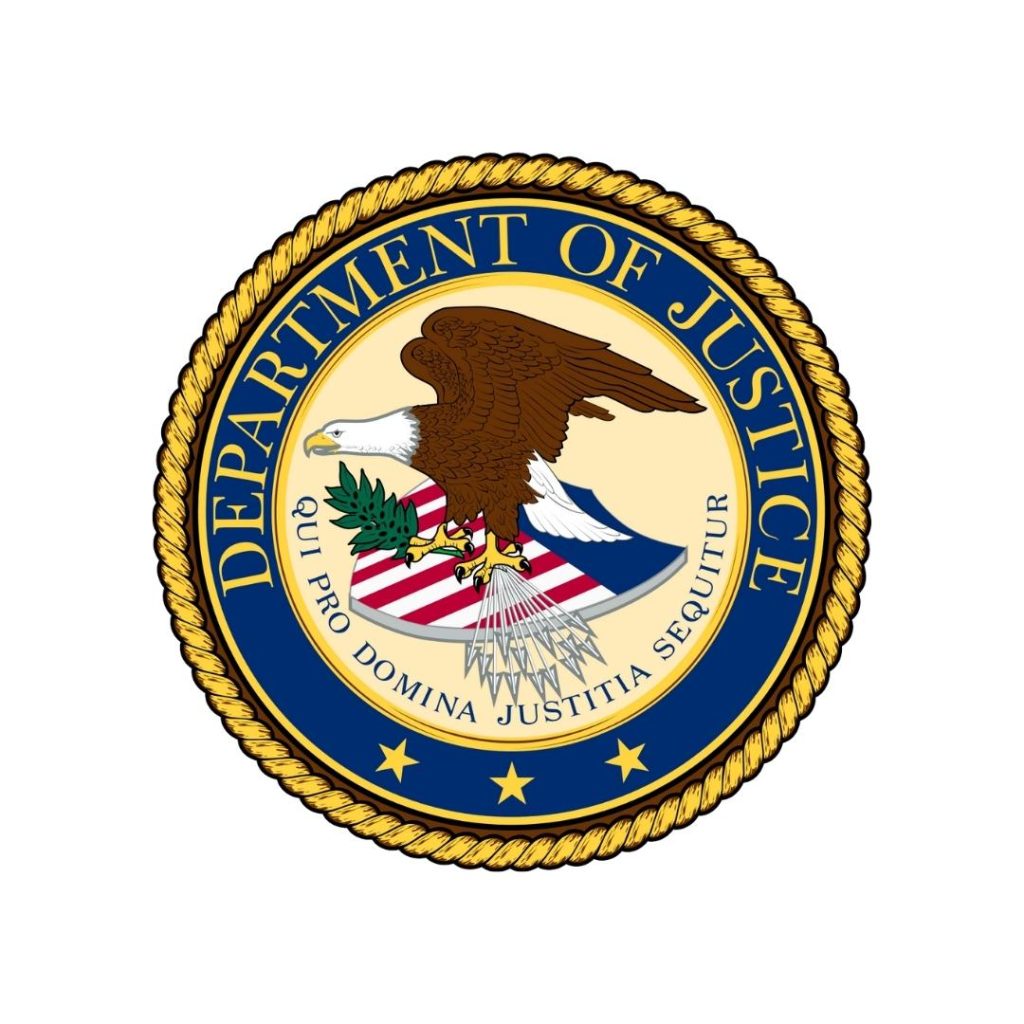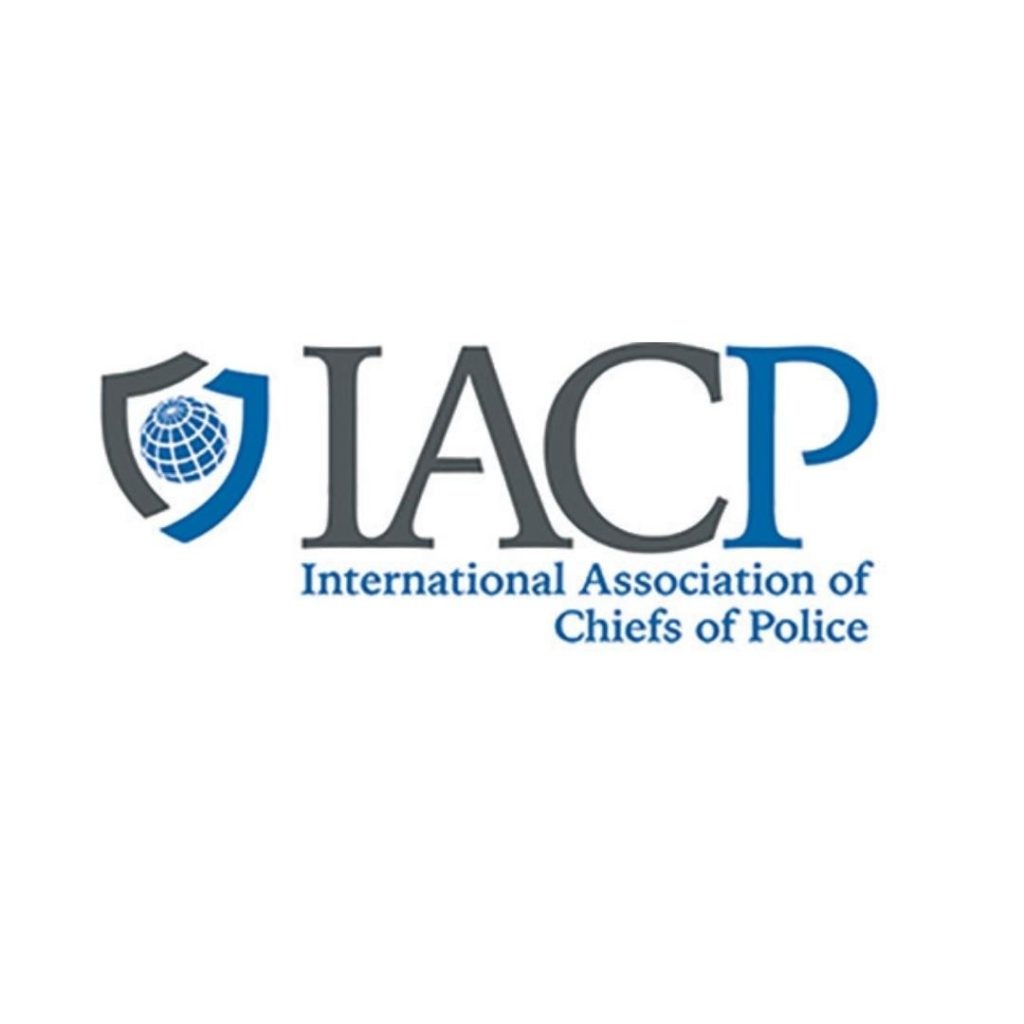It took me just as long to realize I was terrible at recognizing facial expressions as it did for me to admit it to myself. I also took things literally, and so when most people have the assumption that autistic people cannot recognize facial expressions, this caused me a lot of confusion: one, because it isn’t accurate diagnostically or clinically, it wasn’t true for me. I may have spent the first one-third of my life unaware I was autistic, but I was indeed autistic the entire time: I was simply the last to know about it. Once I had a diagnosis, it seemed no one was surprised.
Except me.
It turns out that being good at mastering one facial expression is not a triumphant achievement for most people. Anger, for example, was a look on someone’s face I could read like a beacon in the dark, and even glean a little insight as to what might happen next. Normally when someone studies something, it’s through personal interest, school, or reading–in other words, there is a choice involved. I did not become an expert at reading the emotional signs of anger by choice. I can thank mistreatment by my biological family for that; I can attribute this knowledge to developing a pedestrian/cultural understanding from the neighborhoods I’ve lived in, and I benefited from it: mastering anger has, without question, saved my life.
Nuance: that’s a good place to start…that’s actually the perfect place to start.
I’m not the only one who refers to things like autism as an “invisible disability,” it’s a more apt term to delineate one with a physical disability and one with (what was once termed) a mental disability. The term “mental disability” brings up very specific ideas to the public at large which creates misunderstanding: they’re not only being inaccurate, they’re marginalizing both the group they are miscategorizing and the one they have yet to learn something about. In short, an invisible disability is something that can not be perceived by any kind of casual observation. Someone ambulatory who gets out of a car with proper ADA credentials while using special parking has much more of a chance of getting questioned or berated. This is what is called “ableism,” and it isn’t just from the able public.
The world we live in today is heavily based on competition. Nearly everyone acknowledges and unfortunately accepts that our means of productivity and what we tangibly can contribute are our value and worth as people. When we find ourselves in a minority group of some kind, naturally we have to work harder to “prove” ourselves to be “normal.” This concept is what is called “masking” in autism: a fabricated persona of ineffective normalcy in everyday life, and it’s one of the most damaging things an undiagnosed autistic adult can struggle with in their lives.
This assimilation is improbable at best, and even worse, it leaves many without a way to diffuse the looming pressure of societal scorekeeping. What ends up happening is, as we grow into and with the facts of our disabilities, we turn on each other. In disability circles, this idea of severity can be public perception, services available (or denied), and even identity. All of these things are integral to us and at times even necessary. The problem is resources. All people are made to believe there’s a scarcity of a grand total of what we need. If this is true, we’re naturally going to get competitive about it. When we learn this scarcity is manufactured by public fears and attitudes about disability, we get angry. If we cannot get angry at the source, we find the next closest perceived enemy available: ourselves.
Kindness and understanding are two human attributes I bring up frequently, and in great detail. They, too, are a resource. They are easy to manufacture, they cost nothing, and with nothing more than some effort and a little time, can be the best thing for someone with a disability. These two things are important because they act as a conduit for everything else, regardless of challenge or problem, and the results are immediate. They allow confidence, agency, and autonomy to be grasped, not forced, by those who need it most. Kindness and understanding seem to be the two things most people are resistant to until all other options are exhausted. They should be the first accommodations to be implemented, not the last.
There is nothing more disheartening to an autistic person, or anyone with a disability for that matter, believing they have their lives together, feeling confident they have a challenge conquered, or they are getting along just like everyone else to have something easy or simple remove all confidence from efforts and accomplishments. The real tragedy is this isn’t caused by a new, unthought-of hindrance, it’s usually through able people. Occasionally, it can be through those with differing disabilities, which hurts even more.
An invisible disability has challenges that differ from a physical disability: it’s true, that someone like me, an autistic person with an able body can sometimes get by. We don’t have ever-present mobility aids or an unusual form that elicits stares, we may be able to speak, read, write, and communicate (but not always), and in some rare instances have the makings of an “average” life: a career, a mortgage, be married, have kids, etc. This idea of perceived normalcy becomes canon in the world lives of the public, and as the support needs of an autistic individual differ (or even change throughout their life), the disability part of the equation dangerously comes into question. When I think about the times a doctor has told me to eat more regularly and with more variety because I am malnourished and have a vitamin deficiency, I wonder how in the hell I’m going to do more than just get to work on time. These are things most people do not have to worry about. To think, there are those like me who, on top of all of that, cannot communicate, or in addition, also have a physical disability.
I have a disability. Autism has stolen from me life milestones and experiences that no matter how hard I work, I may not achieve in my lifetime. I may never have what is deemed a successful career, I may never marry, have kids, or own a home. This isn’t due to a character flaw, it is more that someone else has made that decision. Any time I have to prove I am just like everyone else, and I fail, this could mean an interview goes wrong, a promotion is overlooked, a layoff is imminent, or a date or relationship goes sour. It can mean borrowing money looks as bad on paper as it does the lender simply not getting a good feeling about who I am as a human: because I said or did something inappropriate. Friends and family may tire of things that affect me in my daily life and the in-person support I need to do daily, basic tasks is no longer there.
It is not necessarily me that is the problem, it is the idea of me, not only to myself, but to others. This causes huge worry and can impact the confidence I have to keep going. Oftentimes if any of these above scenarios happen, the only solution is to isolate myself in my mind with special interests and hide myself away into spaces where I cannot be judged or criticized. This becomes a cycle, a spiral of problems that can be very hard to recover from.
There are days that feel great. I am able to go to a grocery store with noise-canceling headphones to quickly buy food, I can go to a social event and find welcoming people, and I might unconventionally accomplish something big at work and gain much-needed praise. Even leaving the house on time without a meltdown, intrusive thoughts, or executive function hammering at my psyche seems like conquering a triathlon. Sometimes it is only me who is able to feed myself, bathe, and keep up with domestic cleanliness despite everything in my brain fighting itself or my place in the world around me.
It is those days that can turn into a week, even a month without incident. I become celebratory, that I have finally “done it.” I’m finally on a track that will allow me to become someone, someone respectable, likable, loveable, and worthwhile to the greater world. I might make new friends, go on that one great date, or have the ability to put away the dishes or scrub my shower. I’m doing it, I’m really doing it!
That’s when it falls apart.
One series of days stands out more than any other. It’s been roughly a decade at the time of this writing I’ve been slowly learning how to be a person with autism rather than just an irresponsible, quirky person with problems of my own doing. I still had work to do, but it was first giving myself the space, kindness, and understanding to learn how I worked and who I was, not how the world told me I should be.
I was at a grocery store, and I pulled into the parking lot. I have a little ritual I do to hype myself up to spend just ten minutes to get an essential part of my life: food. That particular day, I failed. Miserably. I got into the store and every sense of mine felt like it was on fire. My eyes watered and shook, my insides wanted to be on the outside, every smell became like blasting sand, every sound like nails in my ears. I crumbled, cried, and ran out of the store. I sat in my truck crying for nearly an hour before a worker asked if I needed the police or an ambulance. I couldn’t even drive, but I had to pretend I was fine. It took three days for me to recover.
From that instance, in the days that followed, I ended up canceling multiple times on a person I was dating (they gave up on me), my cupboards were nearly bare, and I had to call into work several days in a row. They wanted a doctor’s note. I didn’t have any excuse other than I had an autistic meltdown. I ended up losing that job a few weeks later for unrelated reasons, or at least that’s what I was told.
Why did this happen? I thought I was on the right track, and because it was so easy for everything to fall apart, I was devastated. I felt like I hadn’t grown, in fact, I felt as if I had gotten worse. There are many stories I have like this, and the self-loathing and anger I felt at anything and everything around me was immense.
Situations like these force an unhealthy, subconscious notion that I have lost time to make up for, and even a window of opportunity could be short-lived. This is a common pattern that’s been with me ever since I can remember. All of this added up begins to put cracks into the idea I have a framework of permanency: good times aren’t going to last, so it is now survival. I have to gather and gain as much as possible while times are good to last me through when the times are not. That pressure by itself can become a failure before the process even begins.
To think when I was unaware of what was causing me so many challenges, why so many failures and accomplishments that others did with ease seemed impossible when I got a diagnosis, I thought I had something wrong with my mindset or character, and no one was surprised. When I say I am disabled or talk about my autism, very few deny it. How have I been able to survive at all, I ask myself?
Ask this with me: are invisible disabilities so invisible after all, or do we as a modern society choose to look the other way because it is easier to do in some instances? I’ve had to ask this of myself, because of how perceptively easy it should be to be just like everyone else: when in reality, this is not possible.
It does come down to simple things I can do, like recognizing anger. Those of others, those of my own. I’ve been able to survive, but I’ve never known what it is like to thrive. I see examples of it around me every day. It’s always as if I missed getting a mysterious book that was issued that taught people how to do things in life. I could copy their answers, replicate their actions, their words, and create a template of their wins, but not once have I managed to figure it out. I am, however, still here. I can keep myself safe in the most basic, primal sense. For that I am grateful.
The rest seems to be a work in progress, one I have a few more years to figure out. With any luck, I’ll have invented my own special way of accomplishing it, and not because I’ve pieced together what worked for anyone else.
In the end, I have nothing to lose: and that is the biggest hindrance, as well as a privilege, I have working in my favor.
